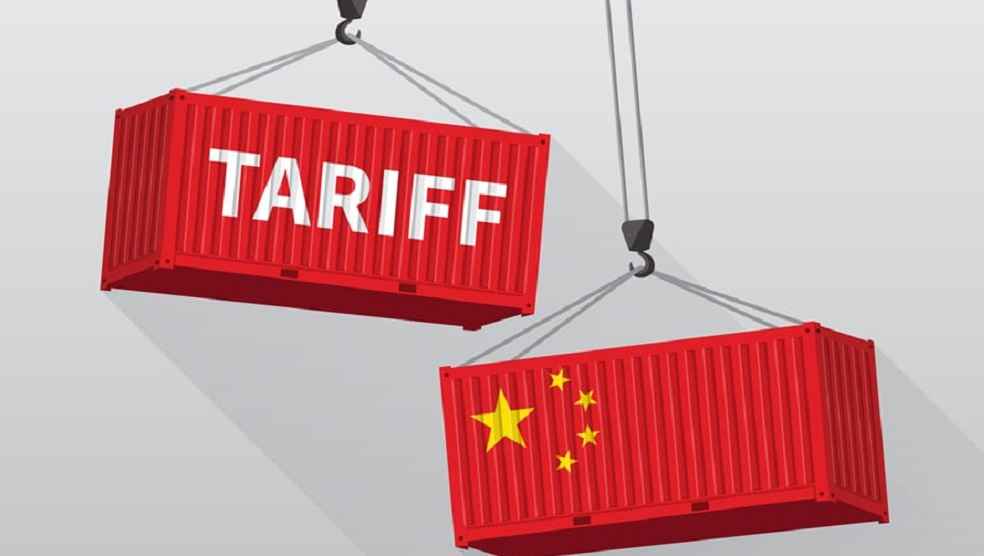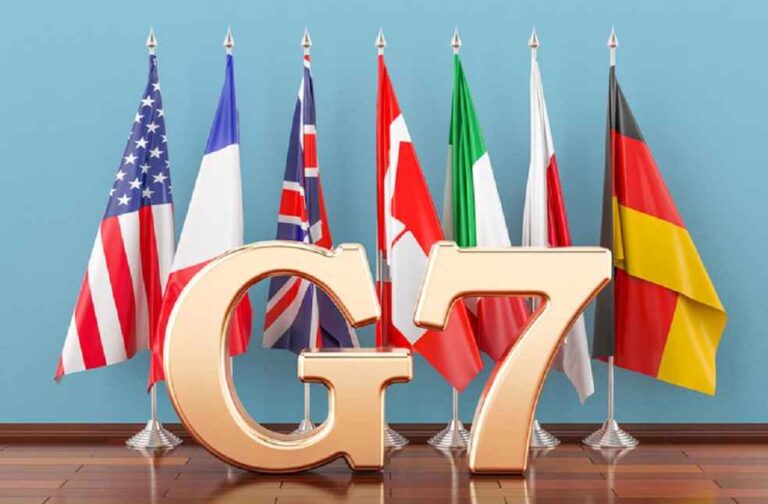Chinese officials and experts vehemently criticized the Group of Seven (G7) following a joint communique that accused China of adopting ‘non-market policies and practices.’ Emerging from a recent assembly of G7 finance ministers and central bankers in Italy, the statement intensifies concerns about escalating global trade tensions and potential economic disruptions.
The communique highlighted apprehensions regarding China’s economic strategies, suggesting these undermine the economic resilience and industries of G7 nations. Despite lacking specific measures against China, the document signals heightened scrutiny and possible forthcoming actions. It commits to monitoring ‘overcapacity’ and maintaining a ‘level playing field,’ terms increasingly associated with U.S. strategies to counter China’s technological rise, particularly in the electric vehicle domain.

Chinese experts argue that the G7’s position reflects a broader sway of U.S. protectionism, which they claim prioritizes political agendas over market principles, potentially causing severe disruptions in global trade.
“G7 politicians are following the US out of political considerations,” stated Li Yong, a senior research fellow at the China Association of International Trade. He warned such approaches could compel allied nations to impose unnecessary restrictions on their own industries, ultimately damaging their economies and limiting consumer access to cost-effective products.
Contrasts in rhetoric among G7 officials are evident. Some European leaders expressed reservations about escalating to a trade war with China, which remains a crucial economic ally. Germany’s Finance Minister Christian Lindner emphasized the counterproductive nature of trade wars, articulating, “Trade wars are all about losing, you can’t win them,” French Finance Minister Bruno Le Maire underscored the significance of sustaining trade ties with China despite allegations of unfair practices.

China’s response has been one of defiance and readiness for potential counteractions. Chinese analysts suggest that any restrictive measures by the G7 could backfire, as they may fail to curb China’s technological and industrial momentum while damaging the economies that impose them. The International Monetary Fund (IMF) has also highlighted the risks of such protectionist strategies, forecasting real GDP losses of up to 4.7 percent in economies engaging extensively in ‘friend-shoring’—trading predominantly with ideologically similar countries.
As the situation develops, the global community remains vigilant. The resolution of these disputes could reshape international trade dynamics and profoundly impact global economic stability and growth.
LATEST NEWS | India, Maldives Launch FTA Talks Amid Tensions, Aim to Boost Bilateral Trade



